Vision Come to Life
Written by Beth Sethi, an HFH board member:
Prior to the earthquake of 2010, Haiti was no stranger to natural disasters. In the decade leading up to that devastating event, a succession of hurricanes rocked this vulnerable island nation year after year. Following Hurricane Jeanne in 2004, I traveled to Haiti for my work at a Portland-based non-profit. During the week I spent traveling Haiti and visiting various hospitals and clinics, I made a brief 2-hour stop in the village of Terre Blanche. A medical team led by Dr. Joe and Linda Markee (founders of HFH), had recently worked for several weeks in this community. There I met, for the first time, Pastor Delamy Bazilme, now Haiti Foundation of Hope’s partner in Haiti.
Pastor Delamy, my colleague, and I stood in the courtyard of the local church and elementary school, two of the original ministries founded and led by Pastor Delamy. The courtyard was barren, with only dry rocks and a few shrubs. A broken down well pump stood in the middle. The elementary school was serving many students but was cramped with twice as many students per classroom as there were seats. As we looked up into the hills surrounding the school/church compound they were dry, with whatever crops there were flattened by the recent hurricane.
Delamy passionately shared the lofty vision God had given him to build on what he had started. An expanded elementary school. Trees to provide shade and food. A larger church. A secondary school. A working well. A clinic staffed by Haitians to provide medical care. A thriving community of people serving each other and the Lord. A hope for the future. We cried. We prayed together. We encouraged Pastor Delamy to follow his vision, knowing the Lord could make what seemed impossible possible. My colleague and I got in our vehicle and drove away, full of conflicted thoughts: inspired by such a faithful leader but questioning the viability of doing so much with so little.
As it turned out, God had planted the same vision in the hearts of Dr. Joe and Linda Markee. Soon after my time in Haiti Dr. Joe and Linda founded Haiti Foundation of Hope, with the sole purpose to support and encourage Pastor Delamy in his vision. Last year I returned, for the first time in a decade, to Terre Blanche. In that same courtyard I now stood in awe of the expansive trees providing shade and play space for children. From a working well flows clean water. Sitting on a concrete step outside the lunchroom are tippy-taps, large buckets of water children use to wash their hands before they eat, dramatically reducing childhood diarrhea. There is a larger elementary school and a two-story high school – the only high school for many miles. Behind the elementary school stands the clinic, serving thousands of patients yearly and staffed year-round by Haitian providers. What was the small church ten years ago is now the kindergarten and a much larger church has been built a short walk away.
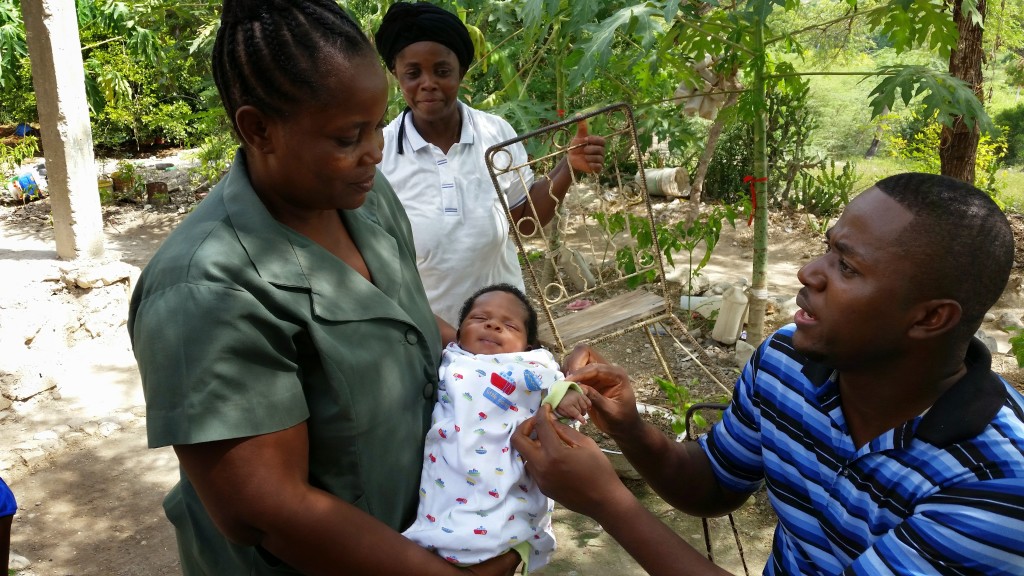
Staff from of the Clinic of Hope look at a newborn during a meeting for mothers at Mme. Mishu’s home.
Walking a short dirt path beyond the church to Mme. Mishu’s home, a local mothers’ group meets twice per week to support one another in raising healthy children, part of the community health program. Behind the clinic I visited the test garden, where a low-tech irrigation drip system has been introduced to local farmers to address irrigation issues. Farmers of those fields in the hills buy seeds with loans from a micro-loan program. And that thriving, caring community of people serving the Lord and each other that Delamy had dreamed of.
The road surrounding the school/clinic compound had just been paved with rocks at the initiative of a local student leadership group – funded and implemented fully by the students. The students’ work is proof that the vision God gave Delamy, the Markees, and all of us involved with Haiti Foundation of Hope is shared by the next generation of local leaders. It was an honor to pray with Pastor Delamy ten years ago and it was an honor to return a decade later and marvel at what God has done. Happy anniversary Haiti Foundation of Hope!
“Now to Him who is able to do immeasurably more than all we ask or imagine, according to His power that is at work within us” Ephesians 3:20







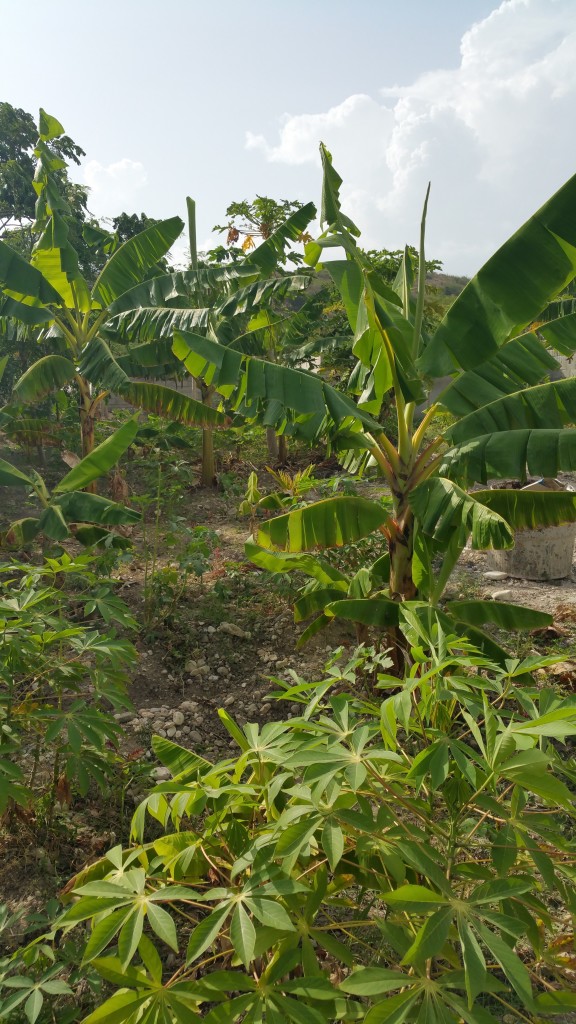
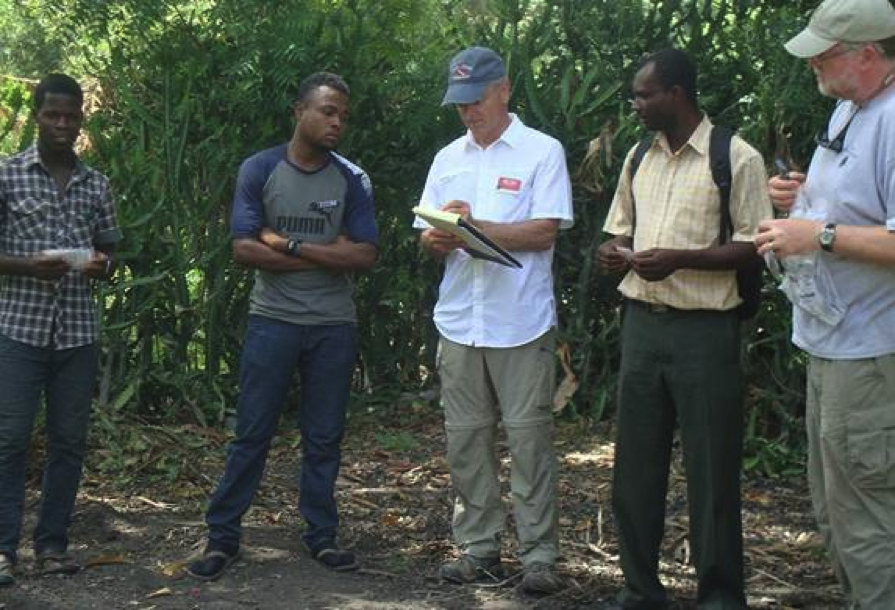
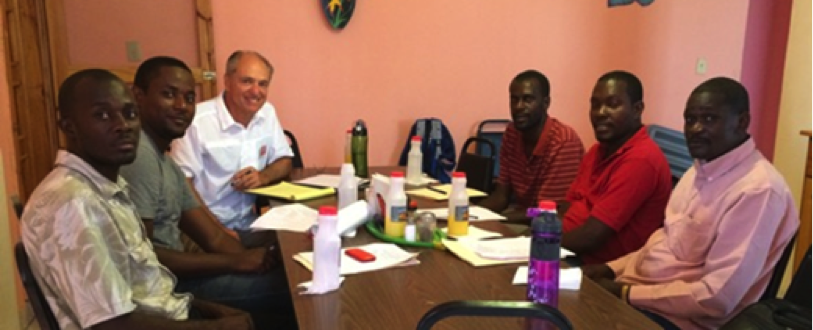
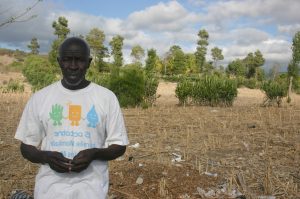
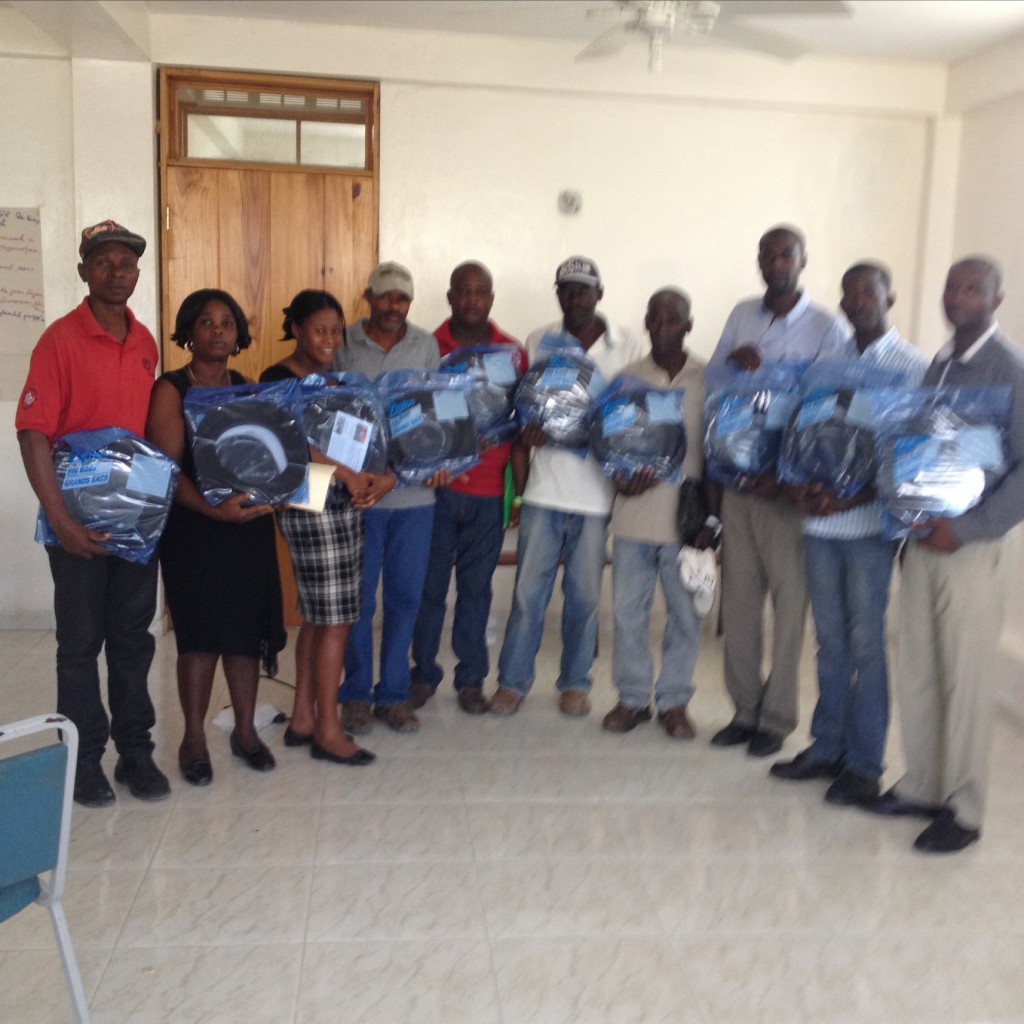
![Ag Garden[3]](https://haitifoundationofhope.org/wp-content/uploads/2014/12/Ag-Garden3-300x225.jpg)
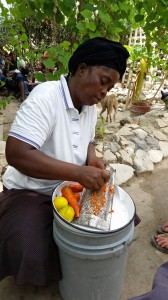
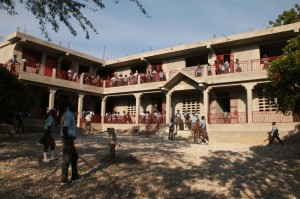
![Ag Garden[1]](https://haitifoundationofhope.org/wp-content/uploads/2014/12/Ag-Garden1.jpg)
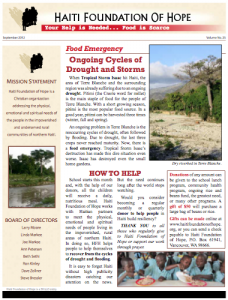
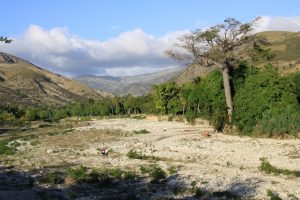
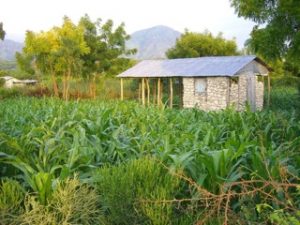
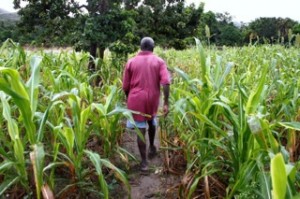

 Instagram Feed
Instagram Feed
